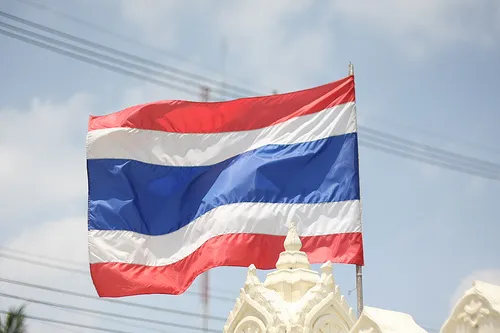
Thailand, Korea likely to practice quantitative easing amid yen decline
So as to weaken baht and won.
According to Moody's, the yen’s recent decline, coupled with weak global growth, has agitated global central bankers and policymakers, prompting talk of a currency war.
Yet the BoJ is merely following the lead of other central banks; the Federal Reserve and Bank of England have been even more aggressive, but less vocal and have thus avoided setting off currency alarms.
Japanese Prime Minister Shinzo Abe merely vocalized what everyone already knew, that a cheaper currency is beneficial to growth, but now that the cat is out of the bag, Japan could prompt retaliation from other countries.
Here's more from Moody's:
Central bankers will likely continue to practice quantitative easing to weaken their respective currencies, possibly alongside capital controls.
Thailand and Korea are most likely to take such action. This will not be a significant problem unless it spills over into trade restrictions, which would hurt global growth. Trade-dependent Asia would suffer under this scenario.
Geopolitics are another source of risk. China’s recent posturing over disputed islands in the East China Sea has receded in recent days, but tensions with Japan remain elevated.
Prime Minister Abe is more nationalist than his predecessor and a noted security hawk. Anti-Japan protests in China last year had real economic effects, capping Japanese production and exports to China.
Any further escalation would be negative for both sides. A sustained deterioration in relations, and even the remote possibility of an armed conflict, would be negative for the region.








![Cross Domain [Manu + SBR + ABF + ABR + FMCG + HBR + ]](https://cmg-qa.s3.ap-southeast-1.amazonaws.com/s3fs-public/styles/exclusive_featured_article/public/2025-01/earth-3537401_1920_4.jpg.webp?itok=WaRpTJwE)









 Advertise
Advertise


